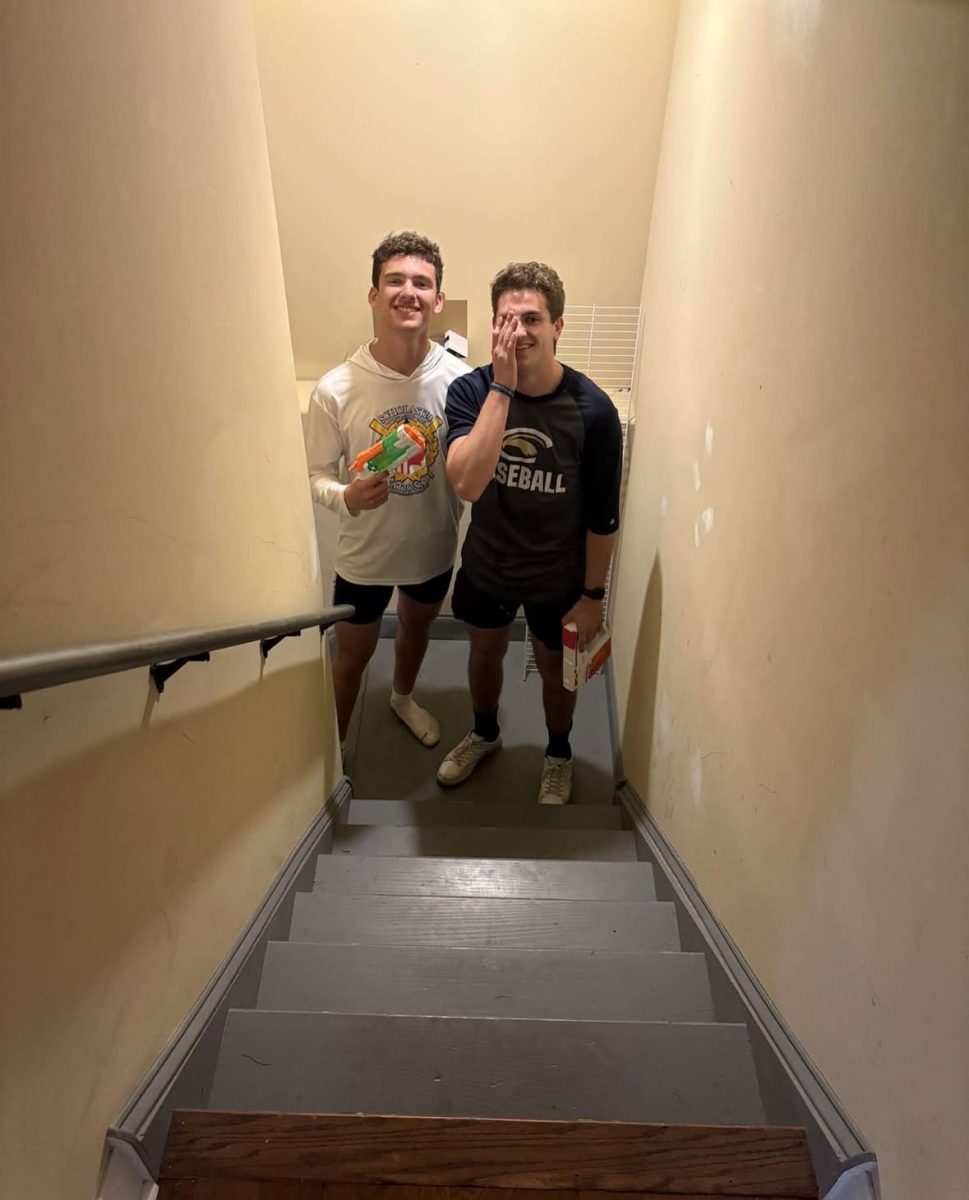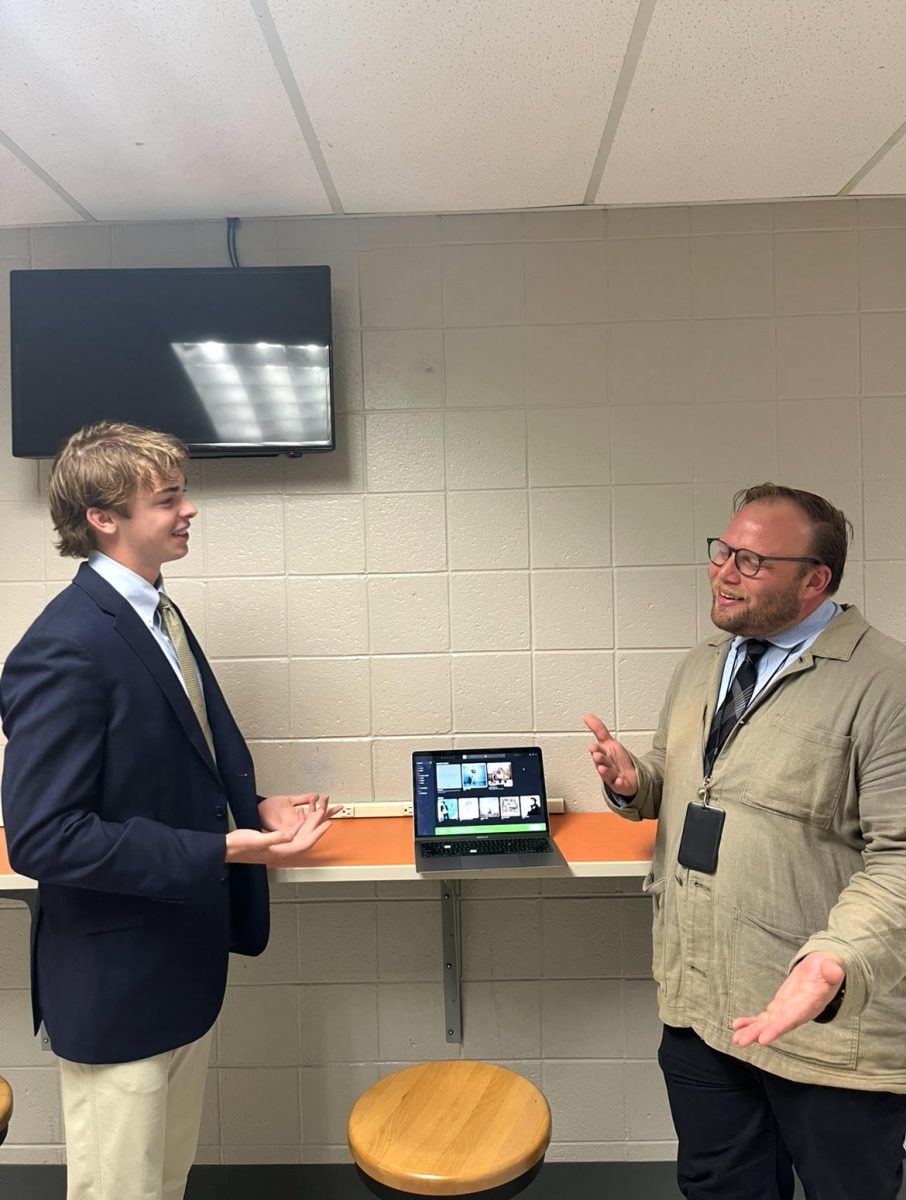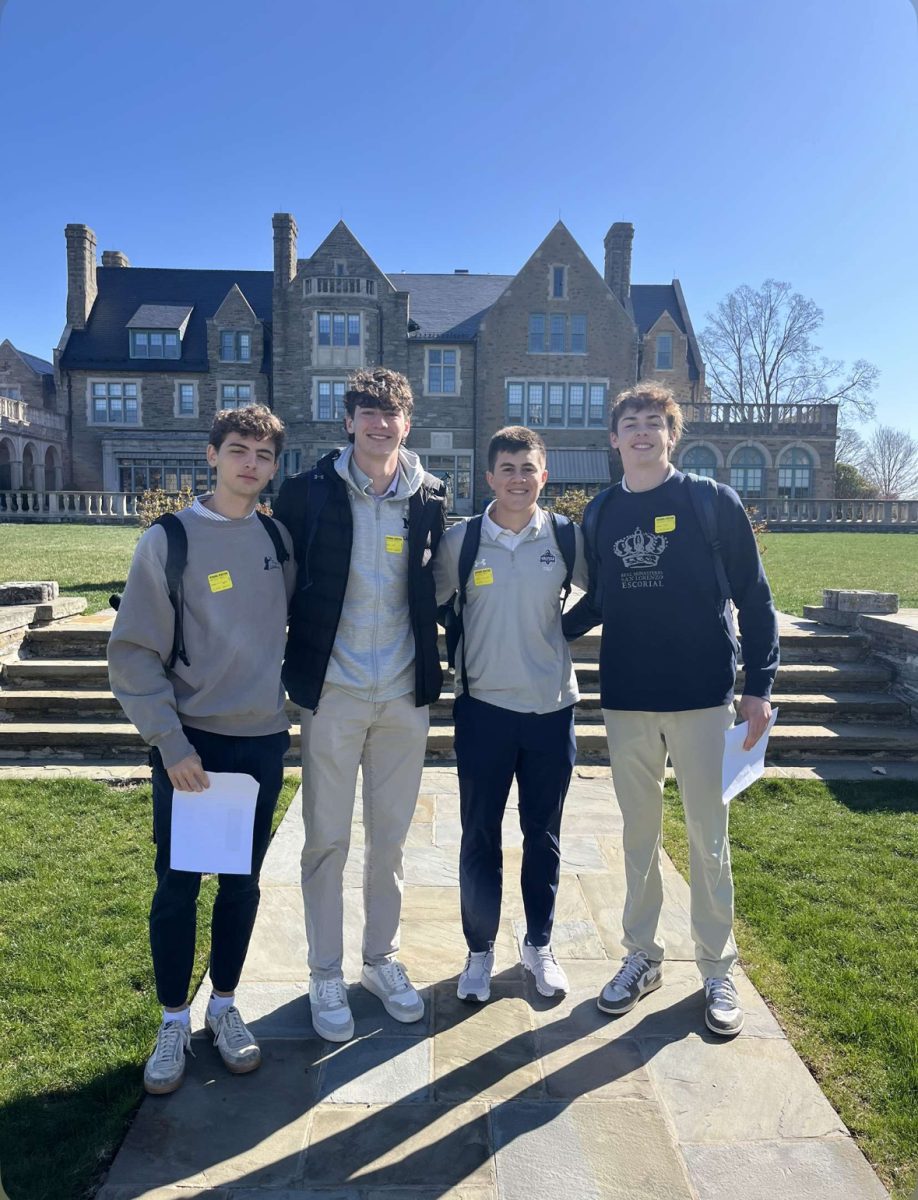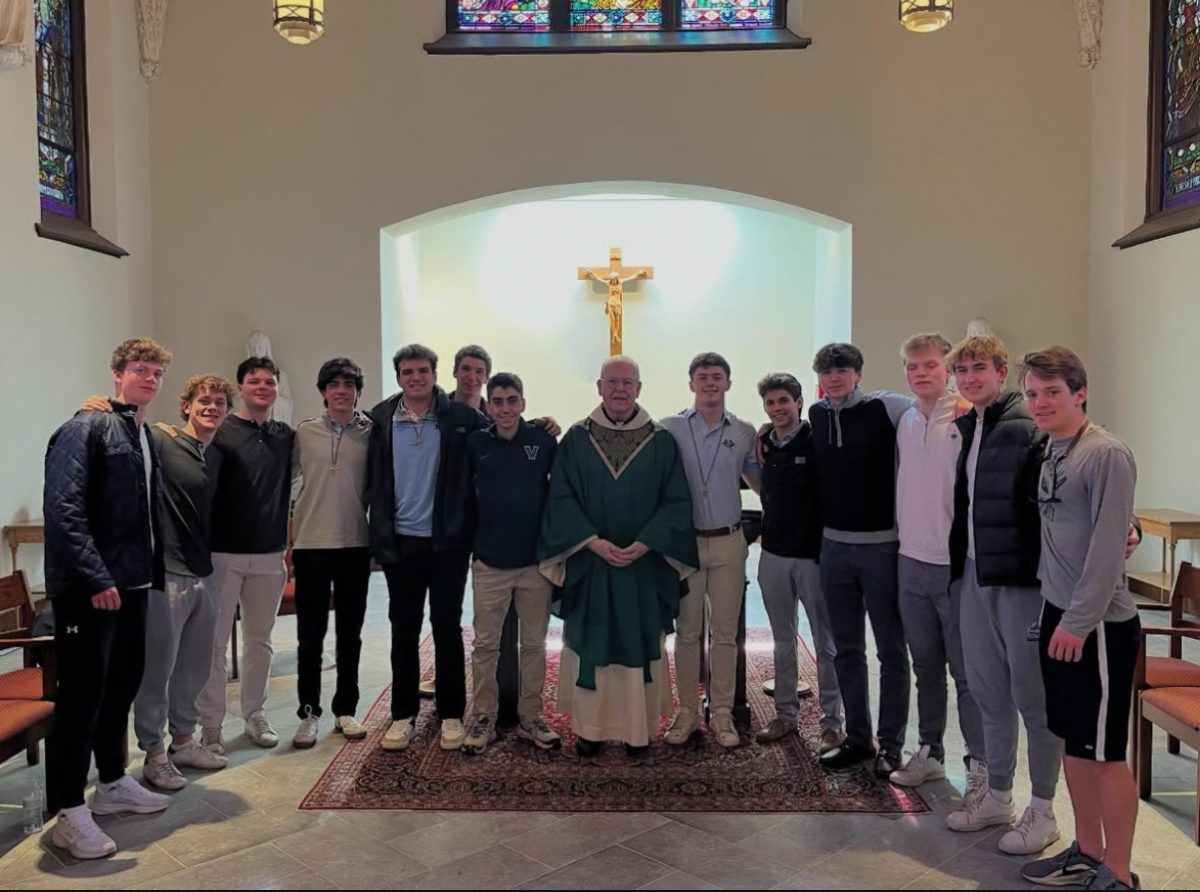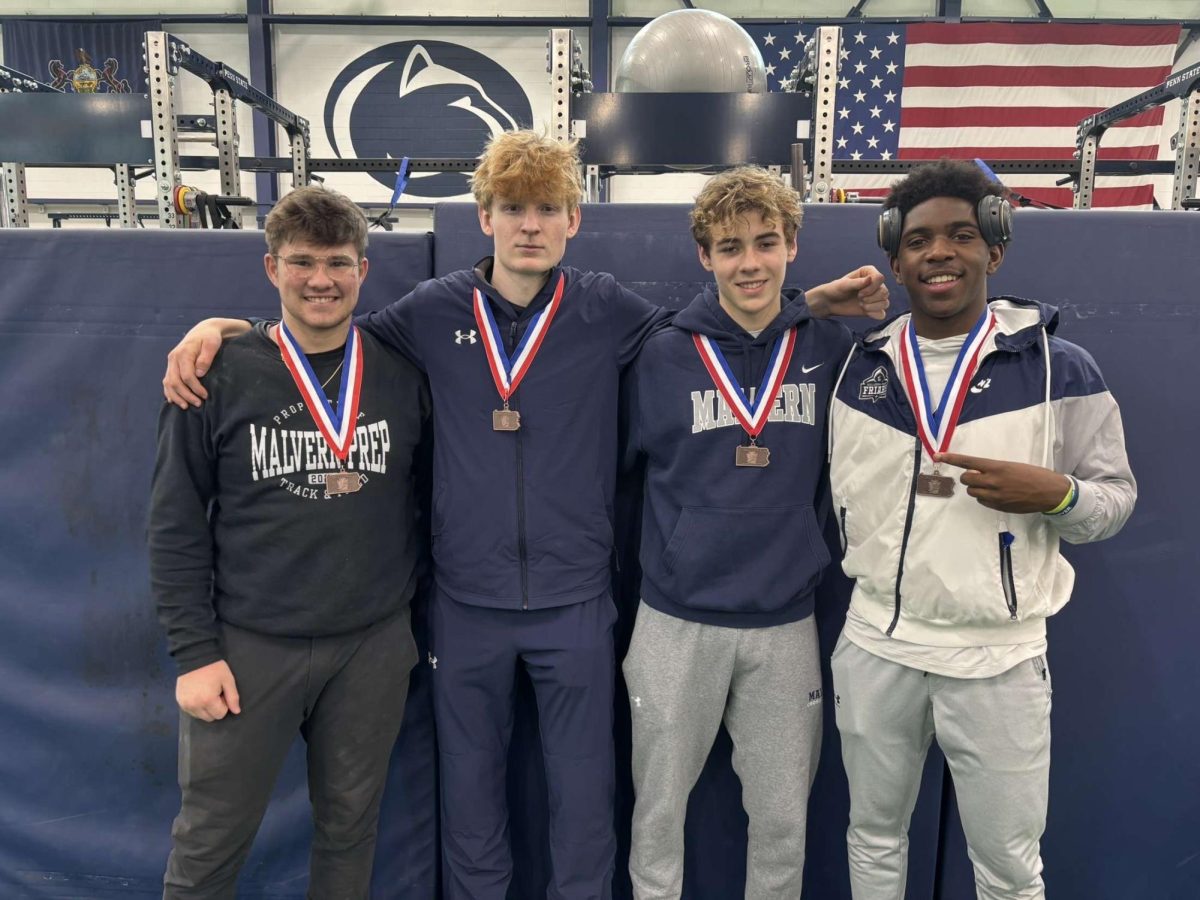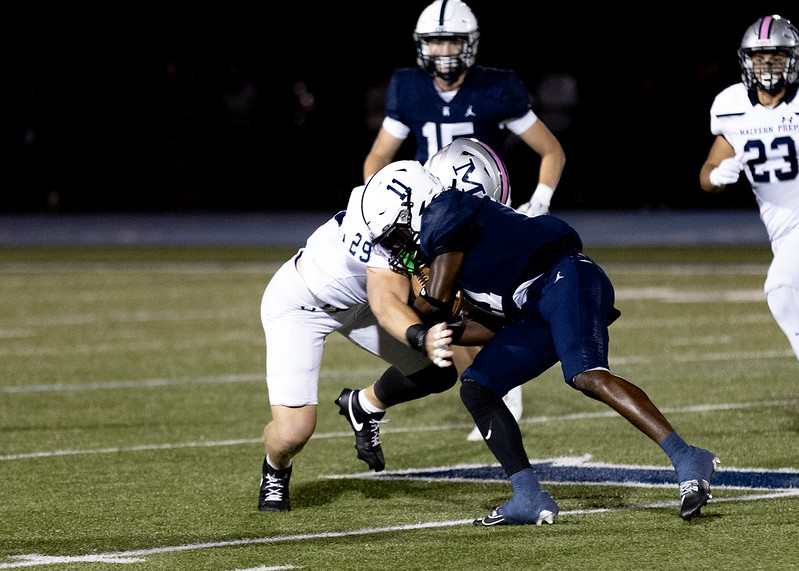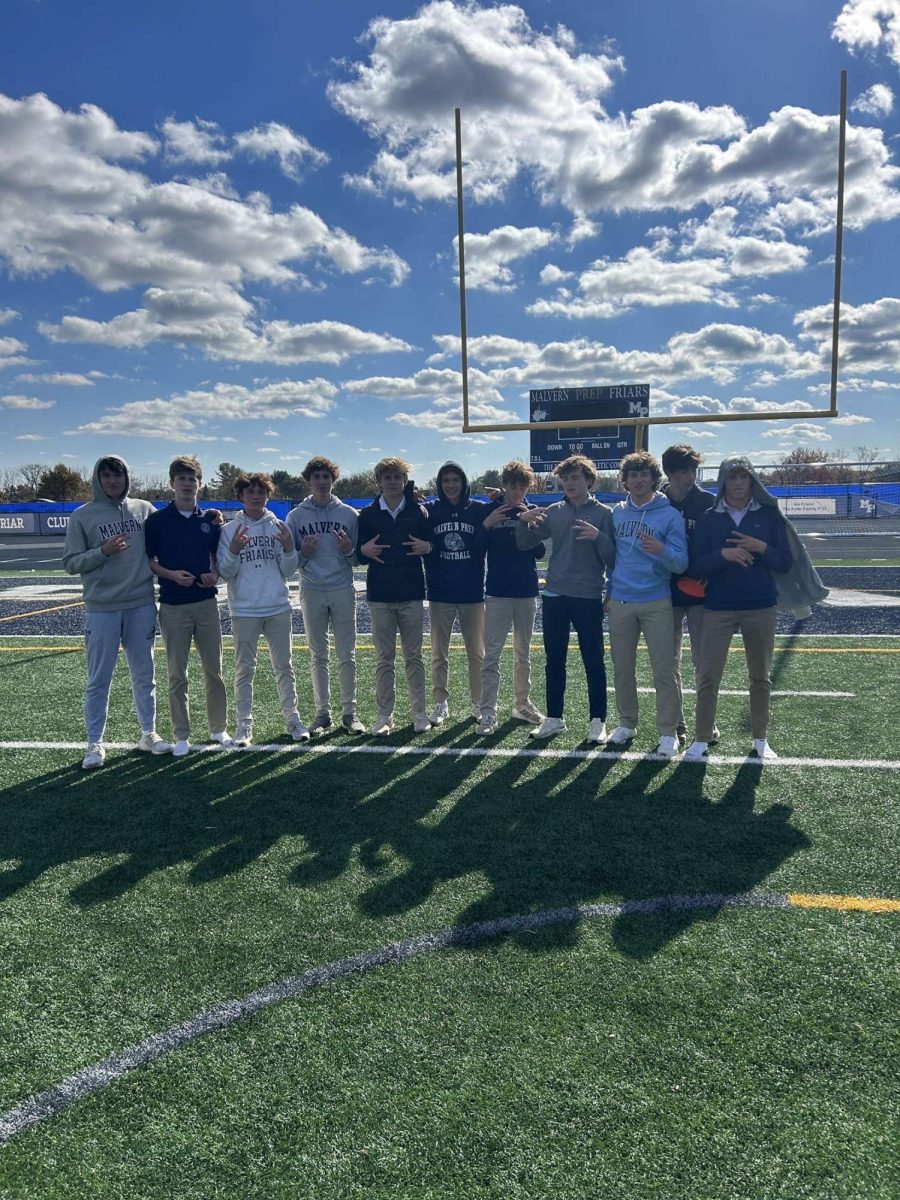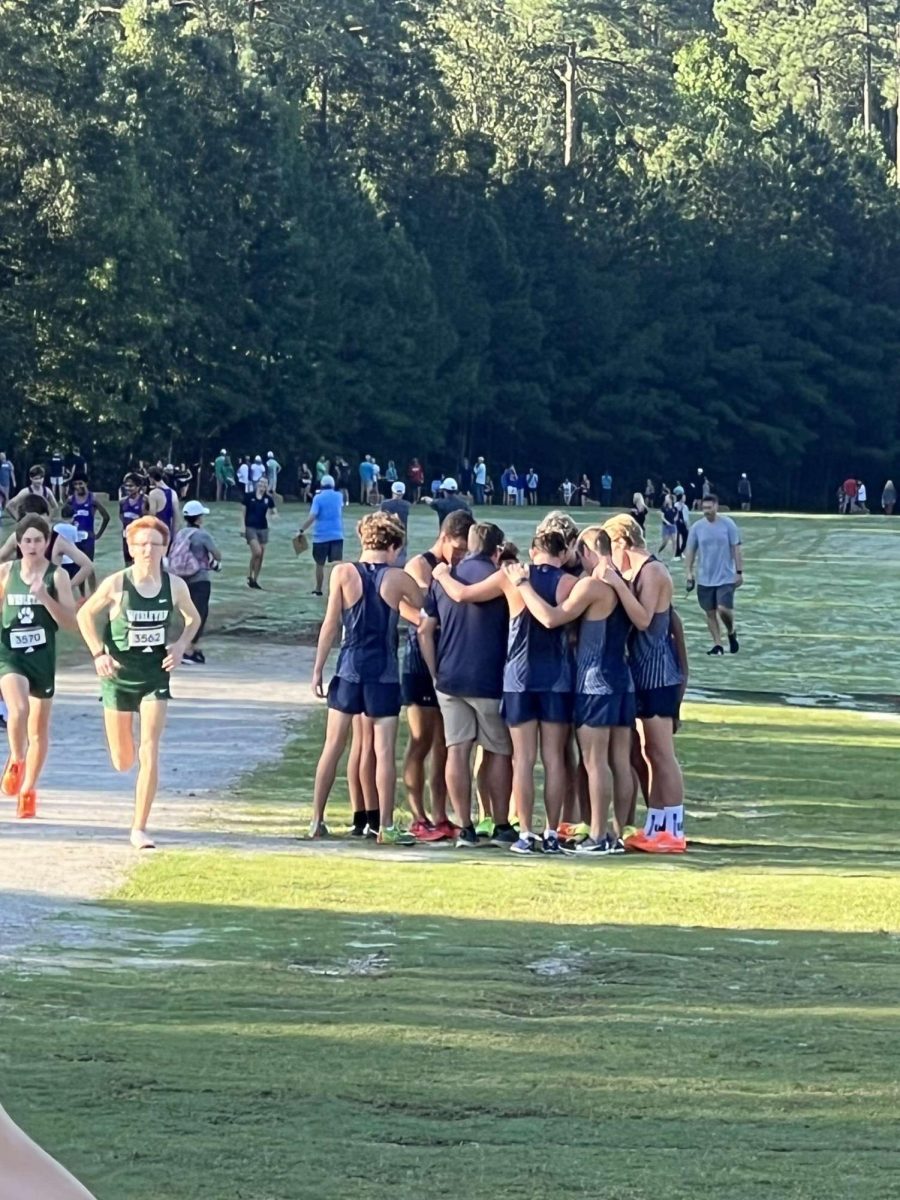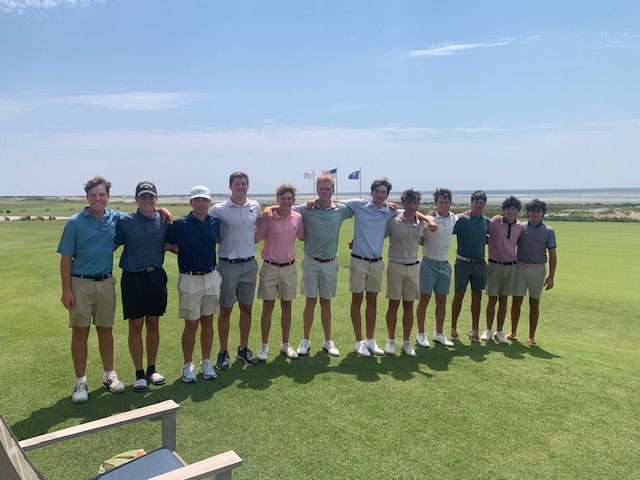An increased number of freshman and sophomore commits in the lacrosse program has coaches and players feeling pressured.

How would you feel if you were a freshman and already had your college picked out?
Head lacrosse coach John McEvoy ’86, said that four current sophomores had this experience last year when they committed as freshmen to colleges for lacrosse.
“In lacrosse, this first started happening with the current seniors as freshmen,” McEvoy said. “It is a relatively new thing going on in lacrosse.”
McEvoy does not believe this new trend is positive. “I don’t think anybody likes it – including the college coaches that are in the middle of it,” he said. “But it’s the reality, and it’s how some feel they need to be competitive.”
According to McEvoy, college coaches are asking young students to commit before they understand what the commitment means. “A kid might commit as a freshman or sophomore and change his mind,” he said.
[perfectpullquote align=”right” cite=”Mr. John McEvoy” link=”” color=”#006699” class=”” size=”12″]
“Kids get the impression that they are overvalued, and the kids that don’t get recruited think that they’re no good.
For me to manage both of those things on a team is challenging.”
[/perfectpullquote]
McEvoy also said that the mental side of early recruitment is something that he needs to manage on his team.
“Kids get the impression that they are overvalued, and the kids that don’t get recruited think that they’re no good,” McEvoy said. “For me to manage both of that on a team is challenging.”
Junior Mike Fay committed to Notre Dame for lacrosse as a sophomore. He explained why he chose to commit early.
“I was comfortable with Notre Dame as a good fit for me,” Fay said. “I visited as many schools as possible and did a lot of thinking, which ultimately ended up with me making a confident decision to pick Notre Dame.”
Fay said that he has no regrets about his decision.
However, senior Kyle Anderson, who committed to Harvard as a sophomore, has one minor regret.
“I had a pretty good sophomore year, so if I had waited a little longer I would have had even more options,” Anderson said. “But I feel like I made a pretty good choice.”
Anderson explained how the early recruiting process works.
“They will ask your coach to have you call them, because they can’t technically call you yet,” Anderson said. “You set up a visit. Then they tell you, ‘we have a spot to offer you on the team,’ and you verbally commit.”
Anderson felt that there was a lot of pressure on him to make his choice early. “I feel like I could have expanded my knowledge of schools better before I made my decision,” Anderson said.
McEvoy thinks this pressure begins with the college coaches, and transfers to students and families. “[Kids] feel like they are falling behind,” he said. “I think families feel pressure to do so, and at the end of the day this is happening because the coaches feel pressure to commit kids.”
Director of College Counseling, Mr. Ian Harkness said that he and college lacrosse coaches, like Princeton University coach Chris Bates, are working on a proposal to the NCAA to limit early recruiting.
“I think coaches on the college side are on board and want to change that to help themselves, knowing it is helping students,” Harkness said. “But I think it is still very much a proposal.”
The proposal states that players can only commit after January 1 of their junior year. However, there are some roadblocks for this to be implemented.
“The NCAA doesn’t want to limit recruitment for only one sport,” Harkness said. “The NCAA is dealing with 40 other sports and they’ve been reluctant to change.”
While acknowledging some of the downsides of early recruiting, Fay believes that there are positives to his decision.
“I can enjoy the rest of my high school experience, while focusing on my studies and practice,” he said. “I don’t have to stress about finding the right college for me anymore.”
Fay said that the process has its advantages, if you do it the right way.
“Not all kids handle it in a mature way,” Fay said. “I believe the early recruiting process is a benefit to kids who are responsible and mature enough to be patient for the right school.”
Anderson said to weigh your options and use patience if you get offers early.
“There’s no reason to feel pressure to commit early,” Anderson said. “You can wait and probably get better offers and looks from better schools that you would want to go to.”
Even for a player who does not get offers in his first two years of high school, McEvoy said that things can still work out.
“If you are a little later bloomer physically, and you develop mentally – it’s okay,” McEvoy said. “If you can play, and you’re good, someone will want you.”


